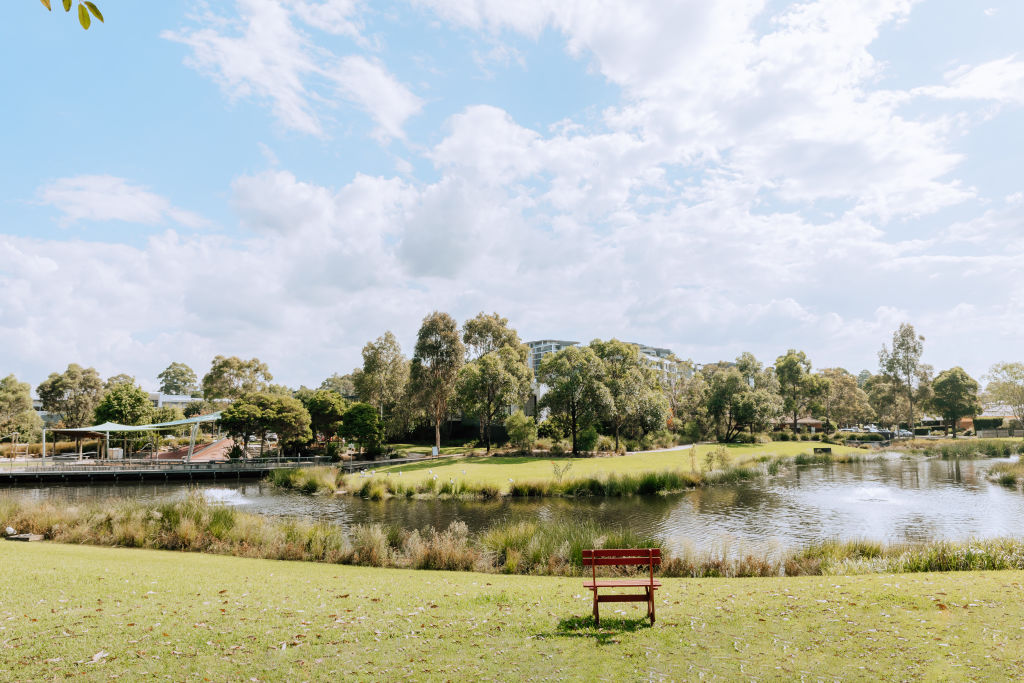The importance of mindset when investing in property
Everyone makes mistakes at some point when investing – even multibillionaire Warren Buffett has admitted errors of judgment over some of his financial outlays.
But the critical thing is to stay in the right headspace, warns financial advisor James Millard, the author of the new book Insufficient Funds. “Even the most experienced of investors are going to stuff up from time to time,” he says.
“But it’s just about learning from that and retaining confidence in the process. Having clarity is critical.”



Mindset is becoming a big word in the investment space today, with experts like Stanford University professor Carol Dweck lauding it as playing a major role in an investor’s success or failure.
She talks of the desirability of a growth mindset, where people view problems as challenges to overcome and create opportunities. Those with a fixed mindset are much more prone to baulk at any setbacks, short-change themselves and lose out in the long term.
Millard agrees. “When investing, you really need your head in the right place, to be clear what you want out of life, and have a well-grounded mindset that helps you make decisions based on data and proper analysis rather than emotions,” he says.
“You have to think in terms of whether a property will grow in value, generate a good rental income and deliver the tax benefits you want. And then you also need patience and a tolerance of risk. Investment properties should usually be held for at least five to seven years, or preferably 10-plus, whereas the Australian average time to hold a property is around four.”

Rethink Investing’s Scott O’Neill also believes in the importance of mindset when investing. He says that his experience working with over 4000 investors sets apart the serious investor from someone who merely dabbles.
“If you have a nervous, negative mindset that everything is going to go wrong, then you’ll tiptoe around and if something does go wrong, like you lose a tenant or there’s a leak in the roof, then you’ll panic and disregard commonsense and want to sell,” he says.
“But if you have an optimistic attitude, then you’ll see it merely as a speedbump. It’s an opportunity to sign a better tenant for more rent or fix the leak and know that the roof is going to be good for the next 10 years. It doesn’t mean you’ve bought a dud. Putting things right may entail some expense but put it in perspective: the property’s value might have grown $300,000 over the period.”

Quantifying the upsides – rather than obsessing over the downsides – is vital if you want to make the most of an investment. Buyers’ agent Michelle May says doing plenty of research on the property market and determining what you want is the first step to achieving that positivity.
“Often, people spend more time working out which car to buy than what house to invest in,” she says. “That’s mind-blowing when you think how many hundreds of thousands of dollars are involved.
“So, you really need to do that research to make sure you’re going to be confident and if you do choose to seek out advice, make sure it’s from a reputable source rather than someone peddling a get-rich-quick scheme, who’s actually leveraged to the hilt.”
We recommend
We thought you might like
States
Capital Cities
Capital Cities - Rentals
Popular Areas
Allhomes
More










